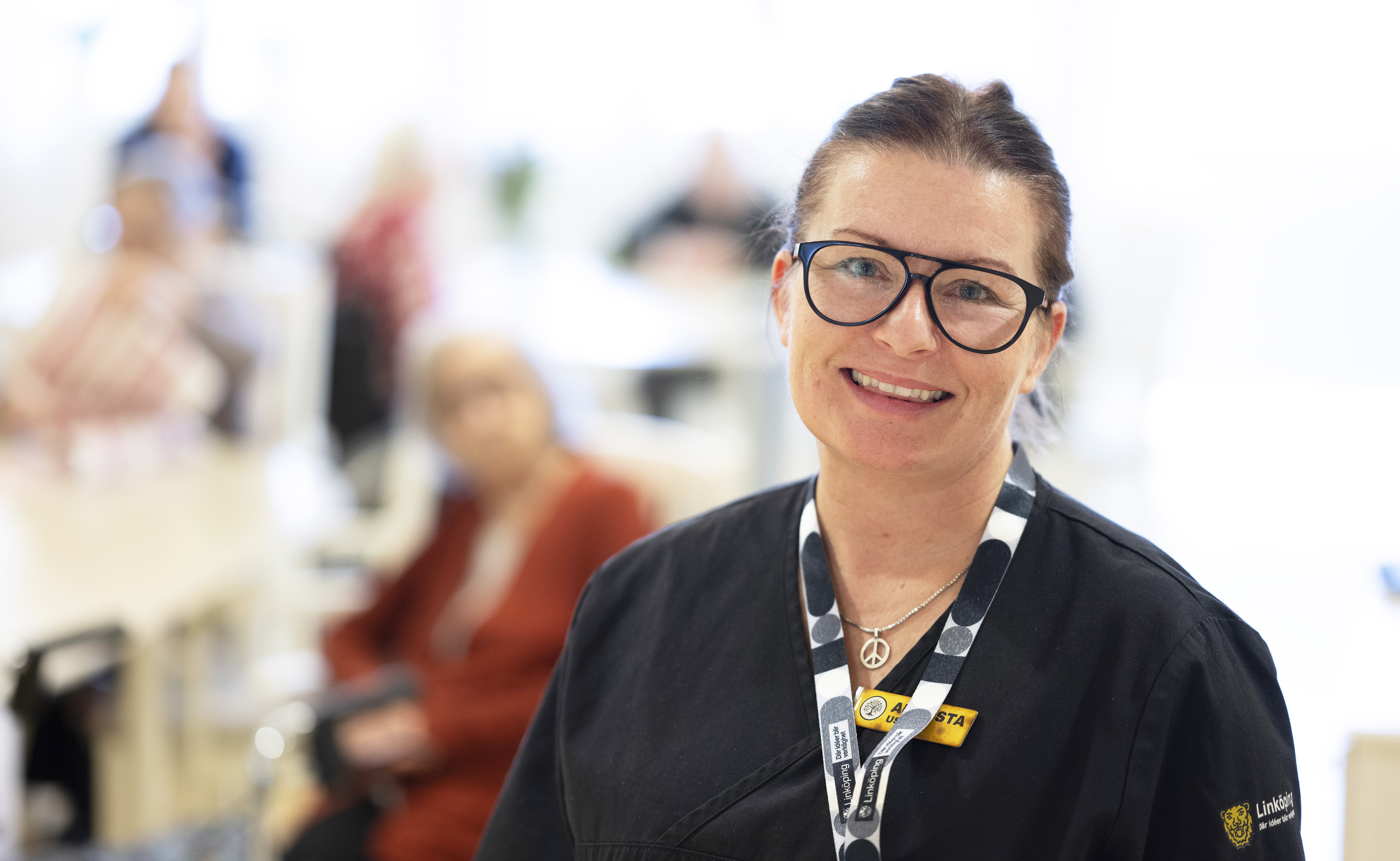Linköping – Europe's most innovative city

Linköping is now the first Swedish city to be recognised in the iCapital Awards as Europe's most innovative city among cities with a population of less than 250,000. The award highlights European cities that develop social innovations that provide solutions to societal challenges and foster sustainable and inclusive growth.
“We have long had a strong tradition of innovation, development and collaboration between the public sector, business community, academia and civil society. That has been a significant factor in our response to societal challenges such as climate change, segregation, an ageing population, a growing city and safety and security. These were the five challenge areas that we based our application on”, says Malin Ljung, development strategist for the City of Linköping.
The prize money, approximately SEK 5.6 million, will be used to continue the city’s investment in identifying and developing innovative solutions to address societal challenges and promote sustainability.
“The prize puts Linköping on the international map and is an enormous source of pride – an important part of our quest to always be an attractive place that people want to live and work in”, says Malin Ljung, smiling.
BEATA
The innovative BEATA project is a perfect example of how the City of Linköping is working to address demographic challenges associated with an increasingly ageing population.
The ageing population was one of the five challenge areas that the City of Linköping used as a basis for its application to the iCapital Awards – an area where the BEATA project is helping to identify solutions through innovation and development.

Thanks to a safety-enhancing technology that enables the digital needs-based monitoring of nursing homes in elder care, the staff can respond more quickly and help elderly residents when needed.
Forecasts show that the share of Sweden's population over 80 will increase by 35 percent in ten years. This will mean that more people will need access to healthcare and social care.
The project's technical solution is called RoomMate – a safety sensor that can be set up and adapted to each individual user. The aim is to increase security and safety for elderly residents, so that they get the help they need before an incident occurs.
“The technology sends an alarm to our employees' handheld devices or mobile phones as soon as there is a deviation from the user's everyday pattern according to the individually customized settings. This could mean, for example, that the individual has fallen out of their chair or is not moving as they usually do”, says Sonja Erlandsson, director of care and social care in Linköping municipality.
Now that the technology has been successfully tested and well-received by users, relatives and staff, it is now ready for large-scale implementation in all nursing homes within the city's elder care services.
“We are the first in Sweden to introduce large-scale implementation, where we are taking a comprehensive approach to welfare technology and new working methods in nursing homes. In Linköping, it covers about 1,400 users and 40 properties – and it increases our opportunity to address growing needs in elder care”, emphasizes Sonja.
The introduction of RoomMate is completely voluntary, and users and their relatives can decide for themselves if and how they would like to use the technology.

“The response has been tremendous, and it really is something that also strengthens the individual's integrity and independence. The face-to-face meeting is just as important as before, but we can provide help more quickly if we are needed and avoid bothering someone unnecessarily”, says Augusta Bergdahl, assistant nurse at Ekhult's nursing home.
